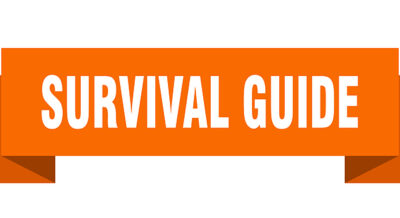Some people are so heavenly minded that they are no earthly good. – Oliver Wendell Holmes, Sr.
Oliver Wendell Holmes, Sr., was quite a guy. A prominent, influential physician and writer, his friends included Henry Wadsworth Longfellow and Ralph Waldo Emerson. He was born in 1809 and died in 1894.
His son was Oliver Wendell Holmes, Jr., who fought in some of the bloodiest battles of the American Civil War and eventually became an Associate Justice on the US Supreme Court in 1902, serving for 29 years, dying in 1935.
At the age of 21, the senior Holmes wrote one of his most influential works, the poem “Old Ironsides,” which played a key role in the United States’ decision to preserve the USS Constitution, now in the Charlestown, Massachusetts, Navy Yard. It is the oldest ship in the world still afloat, launched in 1797.
Holmes, Sr., entered Harvard for undergrad studies at the age of 16. He got his Doctor of Medicine from Harvard in 1836.
I know these are high weeds to walk into, but I disagree with Oliver, Sr.’s statement shown in the opening line of this post. And to take my objection further, I also disagree with singer Johnny Cash, who included the line about no earthly good in a 1977 song.
Just because someone smart and/or talented says something doesn’t make it true.
For the Christian writer, there is a difference between worldly wisdom and the wisdom of God. God reminds us in Isaiah 55 that our thoughts are not even close to his.
Jesus, speaking to Nicodemus, continued the point of earthly vs. heavenly when he said this:
“You are Israel’s teacher,” said Jesus, “and do you not understand these things? Very truly I tell you, we speak of what we know, and we testify to what we have seen, but still you people do not accept our testimony. I have spoken to you of earthly things and you do not believe; how then will you believe if I speak of heavenly things?” (John 3:10-12, NIV).
John wrote:
Do not love the world or the things in the world. If anyone loves the world, the love of the Father is not in him. For all that is in the world—the desires of the flesh and the desires of the eyes and pride of life—is not from the Father but is from the world. And the world is passing away along with its desires, but whoever does the will of God abides forever (1 John 2:15-17, ESV).
So, sorry about that Ollie and Johnny. You do good work, but I need to disagree with you this once. We should be much more concerned about fellow Christ-followers and writers being so worldly minded they are no heavenly good.











